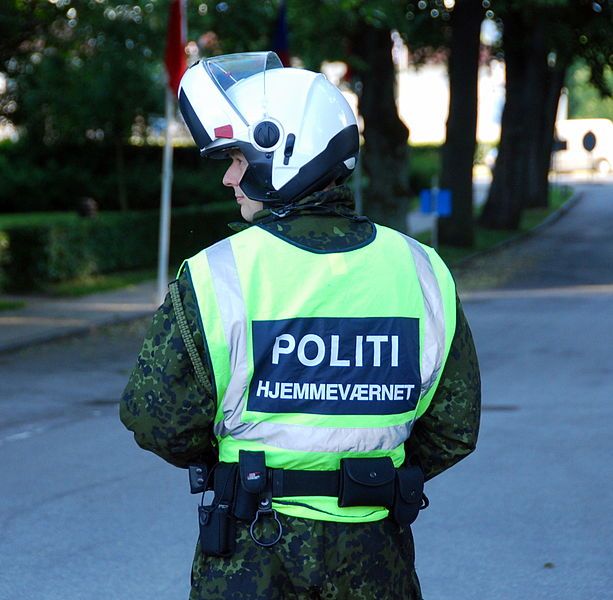The Danish government has decided to allow Hjemmeværnet, the Home Guard, to assist police with border control. The Home Guard will be sending 125 full-time officers.
The addition of the Home Guard troops and reduction of patrol hours mean that 165 police officers will be able to return to their home districts.
“We have a skillfull Home Guard, which can help in the situation we are in,” Søren Pind, the justice minister, said in a speech at the Danish Police Academy in Brøndby.
“The Home Guard will be deployed under the responsibility of the police, and will first take part in a targeted training program under the auspices of the police academy.”
Pressure on police
The deployment of the Home Guard comes in response to the pressure put on the police by the influx of refugees and immigrants at the border and by the permanent guarding of of several locations Copenhagen following the terrorist attack last year.
Figures from the national police force Rigspolitiet recently showed that the number of overtime hours for police officers in January 2015 was at 257,979. In March 2016, that number rose to 450,653.
READ MORE: Child found in boot of car during south Zealand border check
The government will also increase the number of students at the police academy to 600 and stop using officers to sit in vans loaded with automated roadside speed cameras.














